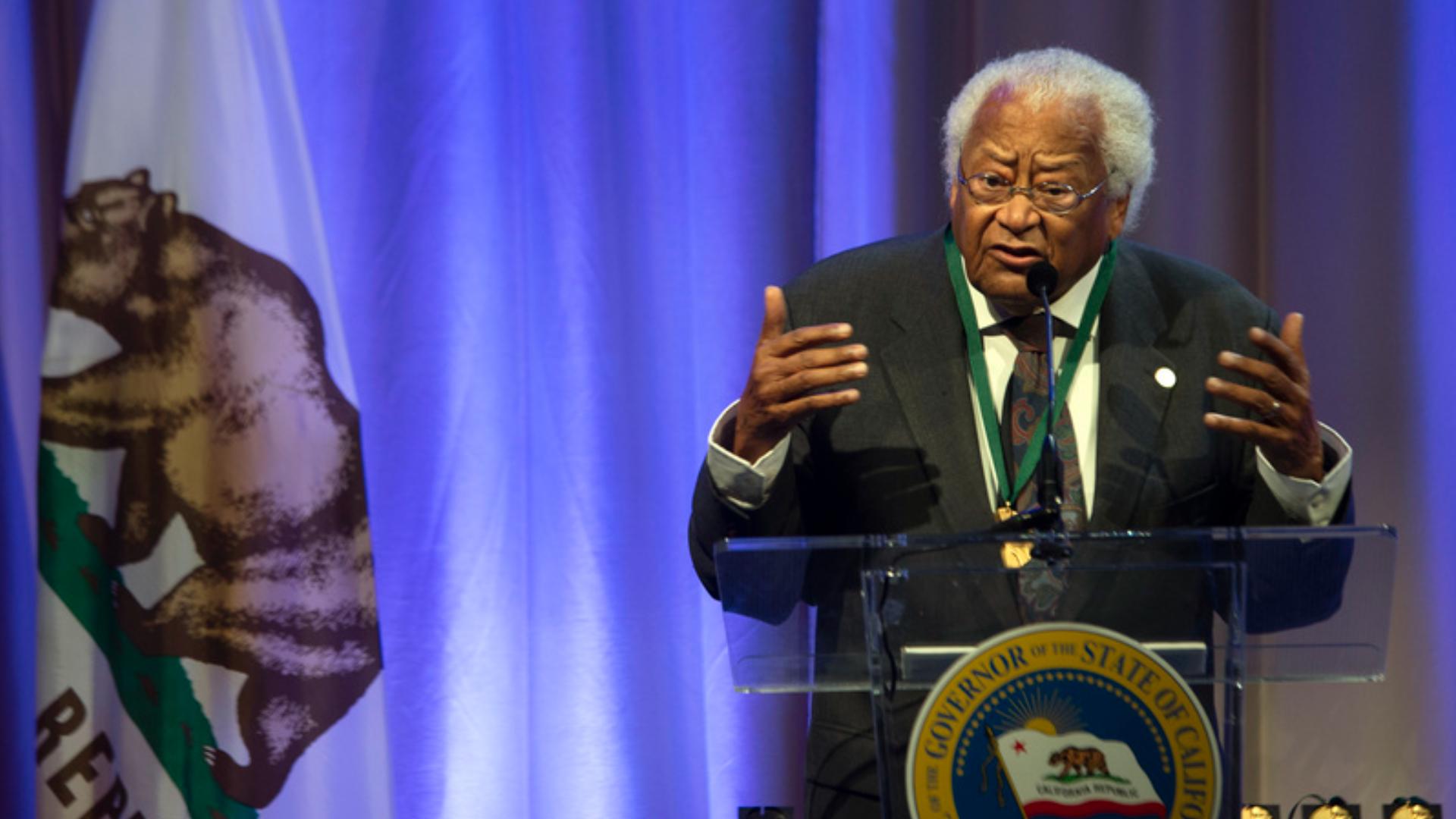James Lawson Jr. stands tall as a pivotal figure in the American Civil Rights Movement. His journey from humble beginnings to becoming a prominent leader is marked by unwavering dedication and steadfast commitment to justice. This article delves into the life of James Lawson Jr., shedding light on his family background, educational journey, and his significant contributions to the Civil Rights Movement.
Family Background
James Morris Lawson Jr. was born on September 22, 1928, in Uniontown, Pennsylvania, to Philip and Naomi Bowman Lawson. His family belonged to a long line of African American ministers, instilling in him a deep sense of faith and community from an early age. Lawson’s upbringing was rooted in the teachings of nonviolence, which profoundly influenced his approach to social justice activism later in life.
Education
In pursuit of higher education, Lawson attended Baldwin Wallace University in Berea, Ohio, where he studied sociology and philosophy. It was during his time at Baldwin Wallace that Lawson became increasingly involved in activism, participating in protests against racial segregation and discrimination. His experiences at the university ignited a passion for social justice that would shape the course of his life.
After completing his undergraduate studies, Lawson enrolled at the Oberlin Graduate School of Theology in Ohio, where he continued to deepen his understanding of theology and nonviolent resistance. His academic pursuits provided him with the intellectual foundation necessary to articulate the principles of nonviolent protest and civil disobedience, which would become central to his activism in the years to come.
Early Activism
In 1951, James Lawson Jr. was drafted into the United States Army, where he served as a conscientious objector. His refusal to bear arms on the grounds of his religious beliefs led to his arrest and imprisonment, but it also solidified his commitment to nonviolent resistance as a means of effecting social change. Upon his release from prison, Lawson embarked on a journey that would lead him to the forefront of the Civil Rights Movement.
Participation in the Civil Rights Movement
In 1957, Lawson moved to Nashville, Tennessee, to serve as the director of nonviolent education at the Southern Christian Leadership Conference (SCLC). It was in Nashville that he began organizing workshops and training sessions on nonviolent protest tactics, laying the groundwork for the successful desegregation campaigns that would soon follow.
One of Lawson’s most notable contributions to the Civil Rights Movement came in 1960 when he helped coordinate the Nashville sit-ins, a series of nonviolent protests aimed at desegregating lunch counters in downtown Nashville. The sit-ins garnered national attention and inspired similar demonstrations across the country, marking a turning point in the fight against racial segregation.
Throughout the 1960s, Lawson continued to play a prominent role in the Civil Rights Movement, working alongside leaders such as Martin Luther King Jr. and John Lewis to organize marches, boycotts, and voter registration drives. His unwavering commitment to nonviolence and his steadfast belief in the power of collective action made him a formidable force for change.
In 1968, Lawson’s activism took him to Memphis, Tennessee, where he provided crucial support to striking sanitation workers. It was during this time that he worked closely with Dr. King in organizing the Poor People’s Campaign, a movement aimed at addressing economic inequality and poverty in America. Tragically, Dr. King’s assassination in April 1968 dealt a devastating blow to the movement, but Lawson remained undeterred in his pursuit of justice.
Later Years and Legacy
In the decades that followed, James Lawson Jr. continued to advocate for social justice and human rights. He served as pastor of the Holman United Methodist Church in Los Angeles and remained actively involved in community organizing and activism. His legacy lives on in the countless individuals he inspired and the enduring impact of his work on the Civil Rights Movement.
James Lawson Jr. is recognized as a pioneering figure in the struggle for civil rights and racial equality. His unwavering commitment to nonviolence and his tireless dedication to justice serve as a reminder of the power of ordinary people to effect extraordinary change. As we reflect on his remarkable life and legacy, let us honour James Lawson Jr.’s enduring spirit and continue the fight for a more just and equitable society.
In June 9, 2024 James Lawson Jr. died after a short illness at the age of 95 at Los Angeles, California, U.S. Lawson soon led workshops in church basements in Nashville, Tennessee. His tireless efforts to combat injustice and inequality have left an indelible mark on American history, inspiring generations to come.

